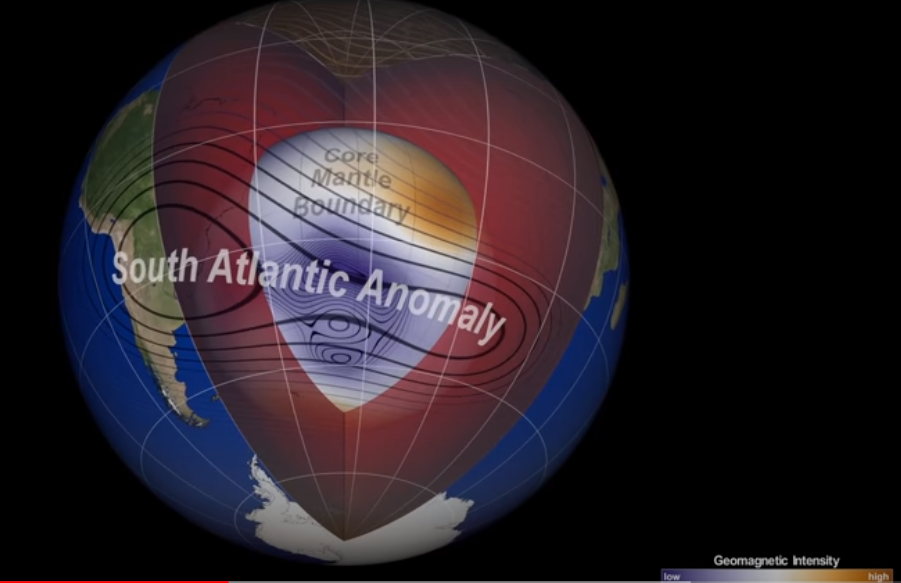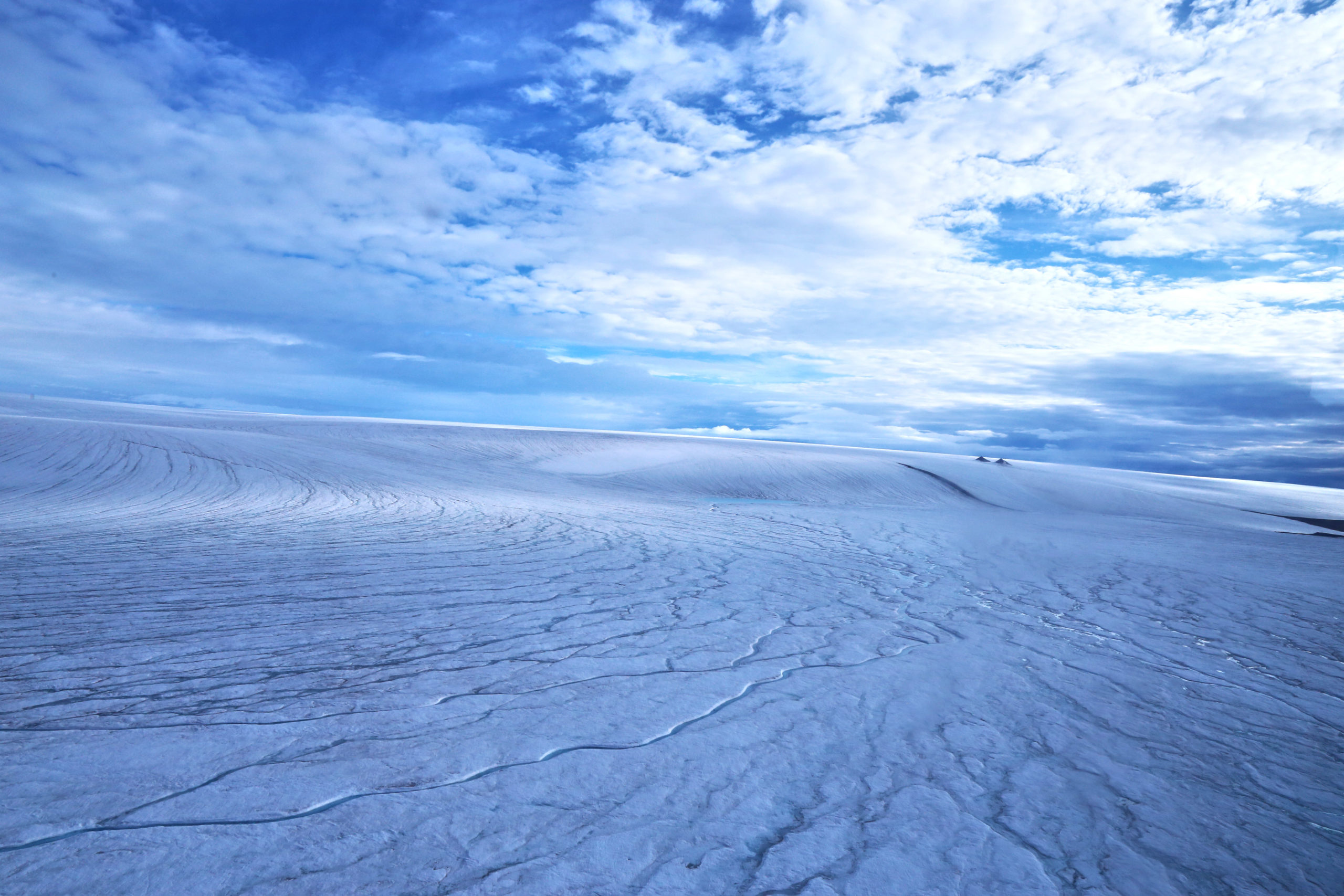
Category Environment/Geology


A large number of the valley networks scarring Mars’s surface were carved by water melting beneath glacial ice, not by free-flowing rivers as previously thought, according to new UBC research published today in Nature Geoscience. The findings effectively throw cold water on the dominant “warm and wet ancient Mars” hypothesis, which postulates that rivers, rainfall and oceans once existed on the red planet.
To reach this conclusion, lead author Anna Grau Galofre, former PhD student in the department of earth, ocean and atmospheric sciences, developed and used new techniques to examine thousands of Martian valleys...
Read More
Southwest Research Institute engineers have developed the next generation of clean diesel engine technology to reduce hazardous nitrogen oxides (NOx) and carbon dioxide emissions while minimizing fuel consumption. Working with regulatory agencies, vehicle manufacturers and suppliers, SwRI combined engine modifications with integrated aftertreatment technology and control strategies to reach near-zero emissions levels. SwRI developed the technology for the California Air Resources Board (CARB), a state organization charged with combatting air pollution.
“Through the continued efforts of a multidisciplinary team, SwRI has developed one of the most fuel-efficient, low-emission diesel engines in the world,” said SwRI Research Engineer Bryan Zavala, a member of the low NOx development t...
Read More
To address plastic pollution plaguing the world’s seas and waterways, Cornell University chemists have developed a new polymer that can degrade by ultraviolet radiation, according to research published in the Journal of the American Chemical Society.
“We have created a new plastic that has the mechanical properties required by commercial fishing gear. If it eventually gets lost in the aquatic environment, this material can degrade on a realistic time scale,” said lead researcher Bryce Lipinski, a doctoral candidate in the laboratory of Geoff Coates, professor of chemistry and chemical biology at Cornell University. “This material could reduce persistent plastic accumulation in the environment.”
Commercial fishing contributes to about half of all floating plastic waste that ends ...
Read More






Recent Comments